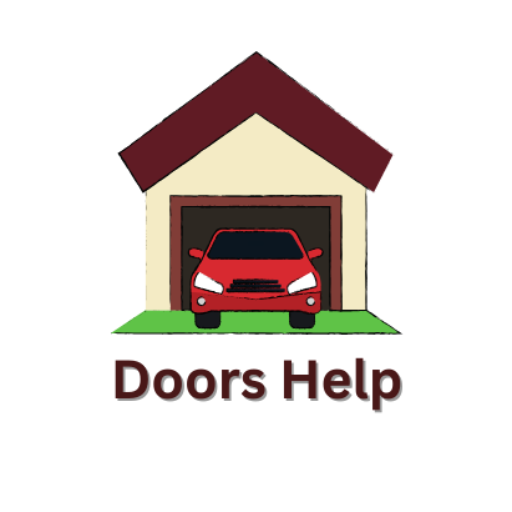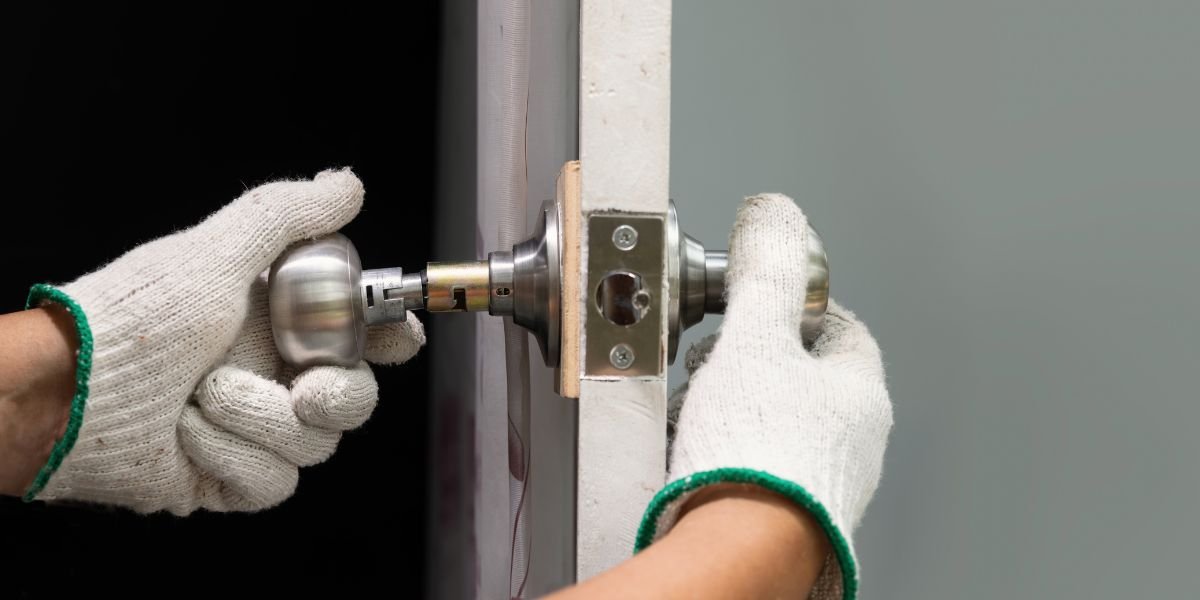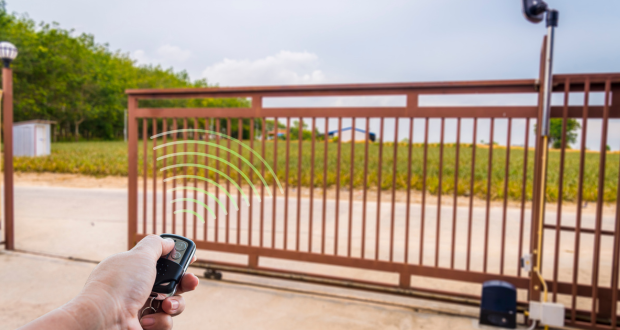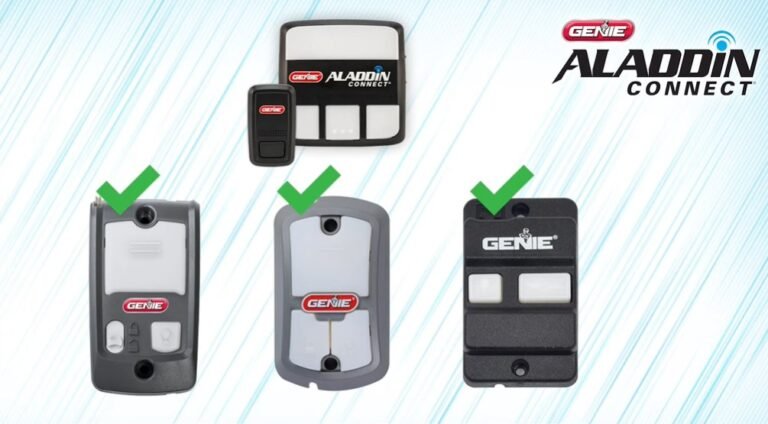Can a Damaged Garage Door Be Repaired? Here’s What You Need to Know?
Yes, a damaged garage door can be repaired by a professional technician. A garage door is a crucial part of any property as it provides security and convenience.
Yes, a damaged garage door can often be repaired. The extent of the damage will determine the feasibility and cost-effectiveness of repairs versus replacement. Common garage door repairs include fixing broken springs, cables, rollers, hinges, panels, and opener components.
Additionally, repairs may involve realigning tracks, adjusting tension, or replacing weatherstripping. It’s essential to have repairs conducted by trained professionals to ensure safety and proper functionality. However, severe damage, extensive wear and tear, or structural issues may necessitate garage door replacement for long-term reliability and safety.
Common Types Of Garage Door Damage
It’s not uncommon for garage doors to suffer damage over time. Understanding the common types of garage door damage can help you evaluate whether a repair is feasible. Let’s delve into these common types to shed some light on this topic.
Dents:
- Occur due to accidental impacts with vehicles, sports equipment, or falling objects.
- Dents may affect the door’s functionality and aesthetic appeal, but can usually be repaired by a professional technician.
Misaligned Tracks:
- Caused by a variety of factors, such as loose hardware, worn rollers, or simple wear and tear.
- Misaligned tracks can lead to difficulty in opening and closing the door, but can usually be realigned by a skilled technician.
Broken Springs:
- Often the result of regular usage, poor maintenance, or general wear and tear.
- Broken springs can render the door inoperable and pose safety risks; therefore, they should be promptly addressed by a qualified technician.
Damaged Panels:
- Commonly caused by vehicular or environmental factors, such as extreme weather conditions or minor accidents.
- Damaged panels can impact the door’s structural integrity and appearance, necessitating the replacement of affected panels by a professional.

Garage Door Spring Issues
Having a damaged garage door can be repaired, including issues with springs. A professional technician can identify and resolve various spring problems to restore functionality and safety to the door.
Whether it’s a broken spring or worn-out components, expert repairs can extend the lifespan of your garage door.
- Worn-out Springs: Damaged springs can cause your garage door to operate unevenly or get stuck.
- Imbalance: A garage door with unbalanced springs may appear crooked or close too quickly.
- Noisy Operation: Springs under stress can produce excessive noise when opening or closing the door.
Damaged Profiles And Hardware
When it comes to a damaged garage door, one of the common issues that homeowners often face is damage to the door’s profiles and hardware. These components play a crucial role in the overall functionality and security of the garage door.
But can they be repaired? Let’s explore this further:
Damage To Profiles:
- Bent or misaligned profiles: Garage door profiles can become bent or misaligned due to various reasons such as accidental impact or prolonged wear and tear. This can affect the smooth operation of the door and compromise its security.
- Rusted or corroded profiles: Exposure to moisture and harsh weather conditions can result in the rusting or corrosion of garage door profiles. This not only affects the appearance of the door but also weakens its structural integrity.
Repairing Damaged Profiles:
- Straightening and realigning: In many cases, bent or misaligned profiles can be repaired by using specialized tools to straighten and realign them. This process requires professional expertise to ensure that the profiles are back to their original shape and position.
- Rust removal and treatment: When it comes to rusted or corroded profiles, a combination of techniques can be employed to remove the rust and treat the affected areas. This may involve scraping off the rust, applying rust inhibitors, and repainting the profiles to prevent further corrosion.
Damaged Hardware:
- Worn-out hinges and rollers: Over time, the hinges and rollers of a garage door can wear out due to constant usage. This can lead to the door making grinding noises, becoming difficult to open or close, or even getting stuck halfway.
- Broken springs or cables: The springs and cables of a garage door are crucial for its smooth operation. If these components become damaged or break, it can cause the door to become unbalanced or completely non-functional.
Repairing Damaged Hardware:
- Replacement of worn-out parts: When it comes to hinges, rollers, springs, or cables that are damaged beyond repair, the best solution is to replace them with new ones. Garage door professionals have the expertise to identify the faulty components and source suitable replacements.
- Lubrication and adjustment: In some cases, hardware issues can be resolved by lubricating the moving parts and making necessary adjustments. This can restore the smooth operation of the garage door and prolong the lifespan of the hardware.

How Do You Fix A Bad Garage Door?
When it comes to fixing a damaged garage door, there are several approaches you can take. Here’s a breakdown of the steps you can follow to repair your garage door:
- Inspect the damage: Start by visually examining the garage door to determine the extent of the damage. Look for any dents, cracks, or misaligned parts.
- Identify the problem: Once you’ve inspected the damage, it’s important to identify the specific problem with your garage door. Is it a broken spring? Damaged cables? Or perhaps a malfunctioning opener? Understanding the root cause will help guide your repair process.
- Gather the necessary tools: Next, gather the tools you’ll need for the repair, such as wrenches, pliers, and a ladder. Having the right equipment on hand will make the process smoother and more efficient.
- Replace damaged parts: If you’ve identified specific components that need replacement, such as a broken spring or cable, it’s time to remove the damaged parts and install new ones. Follow manufacturer instructions or seek professional help if needed.
- Adjust and realign: In some cases, a bad garage door can be fixed by simply adjusting and realigning certain parts. Check if the tracks are properly aligned and ensure the rollers are moving smoothly along them.
- Lubricate: Proper lubrication is essential for maintaining the performance of your garage door. Apply lubricant to the moving parts, such as hinges, rollers, and tracks, to reduce friction and enhance smooth operation.
- Test and fine-tune: Once you’ve made the necessary repairs and adjustments, test your garage door to see if it’s functioning properly. If needed, fine-tune the settings on your opener to ensure smooth and reliable operation.
Remember, it’s important to prioritize safety when working on your garage door. If you’re unsure about any step or lack the necessary skills, it’s best to consult a professional garage door repair technician to avoid potential accidents or further damage.
Is It Worth Repairing My Garage Door?
A damaged garage door can often be repaired instead of being replaced, saving money in the process. With the help of professional technicians, repairing your garage door can be a cost-effective solution to restore its functionality and avoid the expense of a new installation.
When facing a damaged garage door, determining whether it’s worth repairing is crucial.
Here are some key factors to consider:
- Extent of Damage: Assess the severity of the damage to your garage door. Minor issues like dents or paint scratches can often be easily repaired without significant cost.
- Age of the Door: Consider the age of your garage door. Older doors may require frequent repairs and could benefit from being replaced rather than repaired.
- Cost of Repair: Evaluate the cost of repairing your garage door versus the cost of replacing it altogether. In some cases, investing in repairs may be more cost-effective in the short term.
- Overall Functionality: Determine if the damaged door compromises the security and functionality of your garage. Safety should always be a top priority.
What To Do When Your Garage Door Has Been Damaged
When your garage door has been damaged, it can be a significant inconvenience. However, knowing what steps to take can help alleviate the stress and get your door back in working order.
Here are the essential actions to consider when your garage door has been damaged:
- Assess the Damage: Inspect the extent of the damage to your garage door. Look for dents, cracks, misaligned tracks, or broken springs to determine the severity of the issue.
- Contact a Professional: Get in touch with a reputable garage door repair company as soon as possible. Professional technicians have the expertise and tools to assess and repair the damage safely and efficiently.
- Avoid DIY Repairs: While it may be tempting to fix the damage yourself, it is crucial to resist the urge. Garage doors are heavy and complex, requiring specialized knowledge and equipment for proper repair. Attempting DIY repairs can lead to further damage or personal injury.
- Secure the Area: If the damage compromises the security of your garage, take measures to secure the area. This may involve temporarily locking the door or using alternative security measures to protect your belongings.
- Schedule an Inspection: Once you have contacted a professional, schedule a convenient time for them to inspect the damage. Having a thorough assessment will ensure that all necessary repairs are identified and addressed.
Conclusion
In considering whether a damaged garage door can be repaired, it’s important to weigh the costs and benefits. Seeking the expertise of a professional repair service can provide a cost-effective solution, while also ensuring the safety and security of your home.
Regular maintenance can help prevent future issues, extending the lifespan of your garage door. Addressing minor repairs promptly can save you time and money in the long run.

Garage Door Technician



